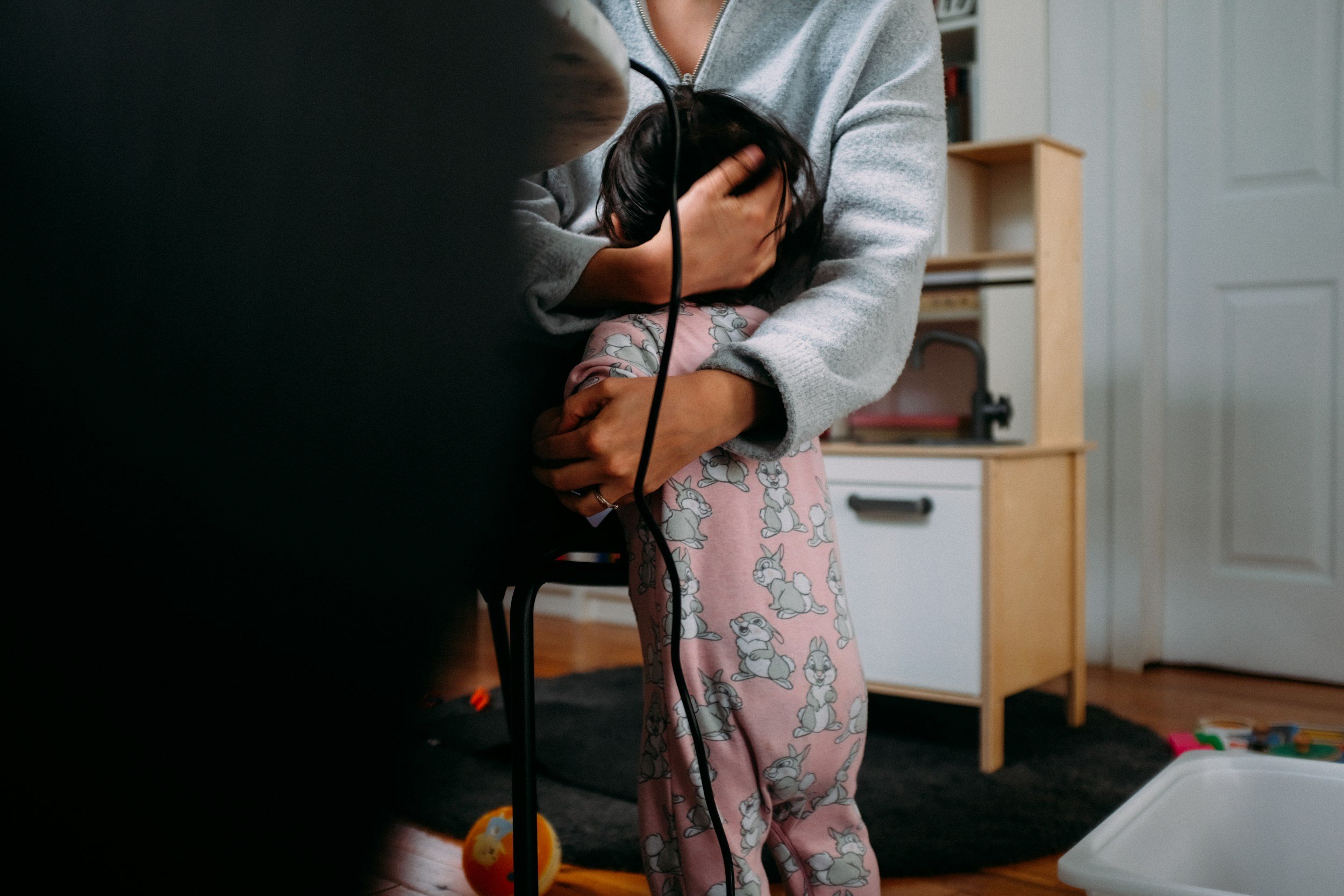Exploring Parenting Styles Around the World: How Culture Shapes the Way We Raise Kids
Parenting is one of the most powerful influences in a child's life. The way kids are raised—whether with lots of love and support, strict rules, or a little bit of both—plays a huge role in shaping their behaviors, personalities, and how they view the world. But here's the thing: parenting isn't the same everywhere. What might be seen as "good parenting" in one culture can be completely different in another.
In this post, we'll dive into the different parenting styles, explore how culture shapes the way we raise children, and talk about why it's important to understand and respect these differences, especially in our connected world.
What Are Parenting Styles?
"Parenting style" refers to the overall approach that parents use to raise their kids. It covers things such as communication methods, discipline tactics, expectations, and emotional involvement. Back in the 1960s, psychologist Diana Baumrind identified four main types of parenting:
Authoritative Parenting
This is a balanced style where parents have high expectations but are also warm and supportive. They set clear rules but are open to discussing them, and they provide lots of emotional support. Kids raised this way tend to be more independent, responsible, and confident.Authoritarian Parenting
Authoritarian parents focus on discipline and control. They expect obedience without questioning and often have less warmth or affection. While children raised in this style might be well-behaved, they may struggle with confidence or social skills.Permissive Parenting
Permissive parents are warm and indulgent but don’t set many rules or expectations. They often avoid enforcing strict discipline. Children raised this way might be very independent but may also struggle with self-control or following rules.Neglectful Parenting
This style involves a lack of both warmth and control. Parents may be distant or disengaged, leading to children who may feel emotionally unsupported and may struggle with forming healthy relationships.
Culture’s Role in Parenting Styles
While these four styles provide a general framework, the way they play out can look very different, depending on the culture. Every culture has its own values that shape what defines a "be a good parent," and these values deeply influence how kids are raised.
Cultural Differences That Shape Parenting
Psychologist Geert Hofstede created a theory about how different cultures approach authority, individuality, and family. His model helps explain why parenting varies so much from one place to another:
Individualism vs. Collectivism
In individualistic cultures (like the U.S. or many Western European countries), parents encourage independence, self-expression, and personal achievement. Kids are raised to think for themselves and make their own decisions. On the other hand, in collectivist cultures (like many in Asia or Africa), the focus is on family and community. Parents may encourage children to value family harmony, respect for authority, and working together.Power Distance
Power distance refers to how much inequality is accepted in a society. In cultures with a high power distance (like parts of Asia or the Middle East), there’s often more emphasis on respect for elders, and discipline is usually stricter. Kids are expected to listen to their parents without questioning. In contrast, in cultures with a low power distance (like Scandinavia or the Netherlands), parenting tends to be more democratic. Kids might have a say in decisions, and families focus on equality.Uncertainty Avoidance
Cultures with high uncertainty avoidance (like Greece or Japan) tend to prefer rules and structure. Parents in these cultures may be more likely to emphasize discipline, conformity, and safety. In cultures with low uncertainty avoidance (like the U.S. or India), there is more flexibility and tolerance for mistakes, leading to a more relaxed approach to parenting.
Parenting Styles Around the World
1. East Asian Parenting: Authority and Family First
In countries like China, Japan, and Korea, parenting tends to be more authoritative, with a strong focus on respect for elders and academic achievement. Parents may set high expectations and encourage long study hours. While this style might seem strict compared to Western methods, it’s rooted in a cultural value that prioritizes the collective well-being of the family and community.
2. Scandinavian Parenting: Equality and Freedom
In countries like Sweden and Norway, parenting is more about treating children as equals and encouraging independence. Kids are given the chance to express their opinions, make decisions, and take responsibility from a young age. Parents focus on balancing work and family life, placing more value on quality time together rather than just academic success.
3. Latin American Parenting: Warmth and Family Bonds
In many Latin American cultures (like in Mexico, Argentina, and Colombia), family is at the heart of everything. Parenting is warm, affectionate, and centered around close family connections. Discipline is typically more relaxed, but kids are taught to show respect for their elders and to prioritize the family’s needs above personal desires.
4. Middle Eastern Parenting: Respect and Tradition
In Middle Eastern cultures, parenting often stresses respect, honor, and the importance of maintaining family reputation. Parents may have high expectations and prefer a more authoritarian style, emphasizing good behavior, academic success, and adherence to cultural and religious values. Family loyalty and respect for tradition are key lessons taught from a young age.
Why Understanding Parenting Styles Across Cultures is Important
In today’s interconnected world, where people from all walks of life interact regularly, understanding how different cultures raise their children is more important than ever. Here’s why:
Building Empathy
When we recognize that parenting is shaped by cultural beliefs, we can avoid being judgmental. Instead of thinking there’s only one "right" way to raise kids, we can appreciate and understand the different approaches that work for each family.Improving Communication
Teachers, doctors, social workers, and others who work with children can be more effective if they understand the different parenting styles across cultures. This helps them communicate better with parents and provide support that works for each family’s needs.Encouraging Respect and Inclusion
Embracing and celebrating different parenting traditions makes everyone feel included, no matter where they come from. This respect for diversity creates a more welcoming environment in schools, workplaces, and communities.
By learning about and understanding different parenting styles, we can help build a kinder, more inclusive world where everyone’s values and traditions are respected.
Conclusion:
Parenting is a personal journey, but it’s also deeply influenced by the culture we come from. Even though parenting styles can look very different, they all share the same goal: to help children grow up happy, healthy, and successful. By understanding how different cultures raise their kids, we can become more empathetic, open-minded, and respectful of the diversity that makes our world so interesting. When we celebrate these differences, we create a stronger, more connected global community where everyone’s unique perspectives are valued.




